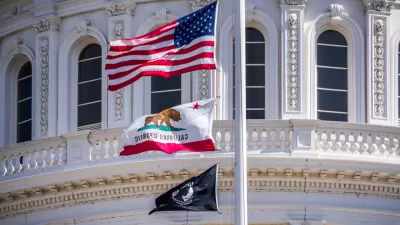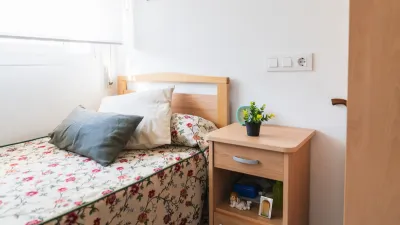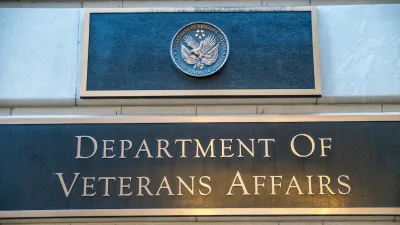Cities, court systems, citizen groups, and affordable housing operators are crafting ways of responding to emergencies that reduce the risk of negative police interactions.

The May 2020 murder of George Floyd by Minneapolis police officers galvanized anti-police-violence protesters across the U.S. In the aftermath, many cities and grassroots groups have sought changes, with calls to defund the police and to create and support crisis response methods that cut the chances of unnecessary arrests and police-instigated injuries or fatalities.
Alternative crisis response efforts take varied forms: Some seek to avoid police altogether, others aim to improve police culture with mental health training, still others dispatch mental health experts in concert with police.
For agencies that serve vulnerable populations, practices to avoid unnecessary police action include instilling a de-escalation mindset and cultivating internal crisis teams to handle onsite incidents as unarmed first responders.
Shelterforce explored crisis response practices and checked in with affordable and supportive housing organizations around the U.S. on how they strive to handle incidents at their properties safely.
Avoiding Police Altogether
With growing urgency to bypass police altogether, advocates have created or publicized a variety of guides and resources to non-police response options, as in this 2021 round-up from Vox.
The volunteer-run, donation-funded dontcallthepolice.com, launched in June 2020, has assembled a growing set of community-based alternatives to calling police or 911 “when faced with a situation that requires de-escalation and/or intervention, not violence.” Its database now includes more than 80 cities in the U.S. and Canada.
In Oakland, community ambassadors walk the streets of the city’s Chinatown and serve as eyes, ears, and bodies in an era of increasing anti-Asian hate crimes and low trust in police.
CAHOOTS: A Longstanding Police-Clinic Partnership
An oft-cited national model for effective crisis response is Eugene, Oregon’s CAHOOTS (Crisis Assistance Helping Out On The Streets) program, formed more than 30 years ago as a partnership between a counter-culture clinic’s emergency response team and the Eugene Police Department. The program sends a medic and a crisis worker ...
FULL STORY: Help! Not Police! Crisis Responses That Avert Police Calls

Alabama: Trump Terminates Settlements for Black Communities Harmed By Raw Sewage
Trump deemed the landmark civil rights agreement “illegal DEI and environmental justice policy.”

Planetizen Federal Action Tracker
A weekly monitor of how Trump’s orders and actions are impacting planners and planning in America.

The 120 Year Old Tiny Home Villages That Sheltered San Francisco’s Earthquake Refugees
More than a century ago, San Francisco mobilized to house thousands of residents displaced by the 1906 earthquake. Could their strategy offer a model for the present?

High-Speed Rail Tracker
Smart Cities Dive follows high-speed rail developments around the country

Ken Jennings Launches Transit Web Series
The Jeopardy champ wants you to ride public transit.

BLM To Rescind Public Lands Rule
The change will downgrade conservation, once again putting federal land at risk for mining and other extractive uses.
Urban Design for Planners 1: Software Tools
This six-course series explores essential urban design concepts using open source software and equips planners with the tools they need to participate fully in the urban design process.
Planning for Universal Design
Learn the tools for implementing Universal Design in planning regulations.
Clanton & Associates, Inc.
Jessamine County Fiscal Court
Institute for Housing and Urban Development Studies (IHS)
City of Grandview
Harvard GSD Executive Education
Toledo-Lucas County Plan Commissions
Salt Lake City
NYU Wagner Graduate School of Public Service





























